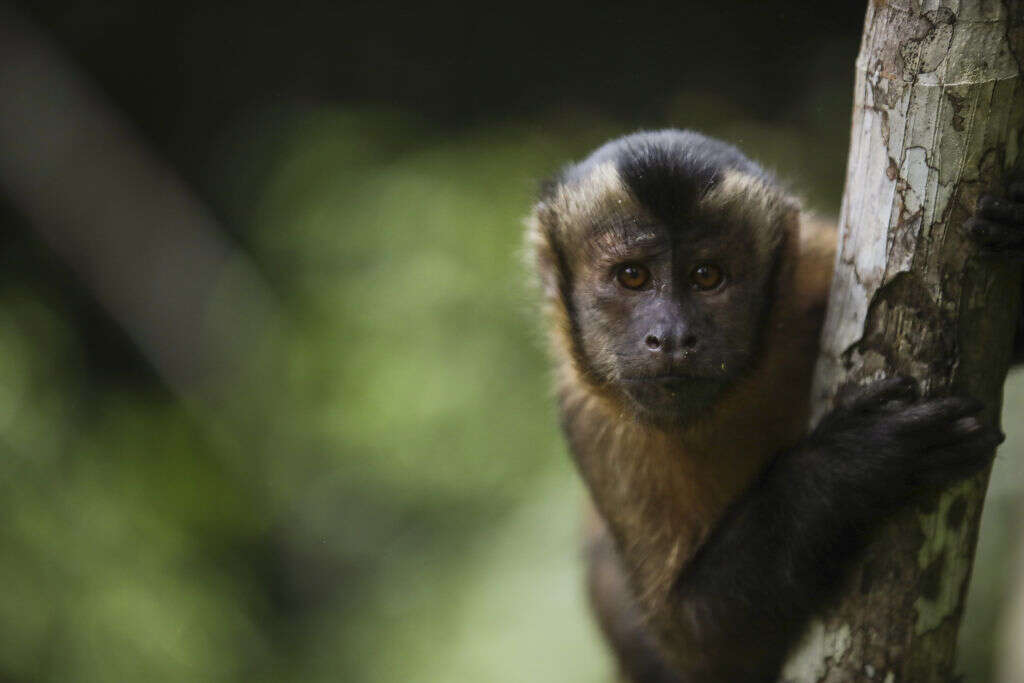

- The EU has approved deforestation-free products regulation, targeting cattle, cocoa, coffee, palm oil, soya and wood products.
- Suppliers are required to issue statements to confirm products were not produced on land deforested or degraded after December 2020.
- 40% of companies in the Forest 500 are still to set a policy on deforestation.
At the end of April, the European Parliament voted in favour of the European Union Deforestation-Free Products Regulation (EUDR), a major step towards deforestation-free trade.
As proposed in November last year, the new legislation covers products and those containing such commodities include cattle, cocoa, coffee, palm oil, soya and wood.
Companies can only sell their products in the EU if their suppliers provide a due diligence statement confirming that the products do not originate from deforested land or contribute to forest degradation after December 2020.
It is a significant issue. An area larger than the EU (20 million hectares) was lost to deforestation between 1990 and 2020, with EU consumption estimated to cause around 10% of losses. Rapporteur Christophe Hansen said he was relieved to remove products that were “covered in the ashes of burned-down rainforests” that had “wiped out the livelihoods of indigenous people”.
Breaking it down, almost a tenth (9.6%) of Malaysia’s sawnwood exports in 2021 ended up in the EU, according to the trade database the Observatory of Economic Complexity (OEC); nearly half of all cocoa beans (44%) and more than half of cocoa paste (54%) imported by the EU came from Cote d’Ivoire in 2021 which has driven 45% of the country’s deforestation; and more than a third (39%) of Colombia’s palm oil exports end up in EU countries, again according to the OEC.
Under the new legislation, non-compliant operators or traders may face significant penalties, with maximum fines set at 4% of their total EU annual turnover.
The law has been welcomed. It has given “a clear responsibility to traders and operators to ensure forest protection and legality in EU value chains,” says Heleen van den Hombergh, senior advisor agro-commodities at the advocacy group the International Union for Conservation of Nature.
But implementation will be key. Effectiveness will come down to “strict implementation by every single EU member state and the tangible support the EU will offer trading partners to promote compliance,” says Luciana Téllez Chávez, environment researcher at New York-headquartered advocacy group Human Rights Watch.
Challenging and costly
The new legislation is going to have a significant impact on €85bn ($93bn) of the agriculture and food trade to the EU and compliance with the EU deforestation regulation is going to be, according to Michael Wagemans, head of sustainability at KPMG in Belgium, “challenging and costly” for companies.
Within the food and beverage industry, the new regulations will mean companies need information from their suppliers to verify the provenance of products, explains Thijs Geijer, senior sector economist at ING in the Netherlands.
Not only will traders have to identify from which farms they source, but European buyers will also have to develop specific guidelines in their procurement strategies to be able to exclude deforestation-linked products.
Geijer mentions food manufacturers like Unilever and Upfield and animal feed producers like Agrifirm have already done so.
It is true of course that many of the large companies will not have to start from scratch. PepsiCo and Carrefour, for example, are already involved in initiatives on sustainable sourcing, like the Round Table on Responsible Soy and the Roundtable on Sustainable Palm Oil. But information on indirect suppliers will also be needed.
“Given that large corporates can easily have tens of thousands of indirect suppliers, it is going to be quite a challenge to know every supplier and sometimes it will not be possible to obtain the required information,” notes Geijer.
Although he does not put a figure on it, costs will rise. “It is fair to assume that the costs for sourcing deforestation-free commodities will be higher than without the regulation,” he says.
Woefully behind on deforestation
While NGOs are reacting well to the news, they believe the upcoming legislation couldn’t come soon enough. Investors, they argue, are effectively ignoring the issue.
This year’s Forest 500 report from Oxford-based think-tank Global Canopy, which tracks the policies and performance of the 350 most influential companies and 150 financial institutions linked to deforestation in their supply chains and investments, said that financial institutions were “woefully behind” on deforestation risk.
Getting on for two-thirds (92 of the 150) of the financial institutions listed in the Forest 500 have no deforestation policies for any commodities, a situation that is virtually unchanged from last year. They include the asset managers, BlackRock, Vanguard and State Street Global Advisors, according to Global Canopy.
Led by J.P. Morgan Chase, Bank of America and Mitsubishi UFJ Financial, which provided $72bn in finance between them, the financial sector provided $527bn to companies without a single deforestation commitment.
“While there have been pockets of progress, the majority of companies and financial institutions are living on borrowed time, putting climate and nature goals at risk,” says Niki Mardas, executive director at Global Canopy in London.
With 40% of the 500 companies and financial institutions with the most influence on tropical deforestation still yet to set a policy on the issue, the new EU legislation is going to force a large number of companies to think very quickly before it comes into force later this year.
[Read more: If a tree falls in a forest…]





